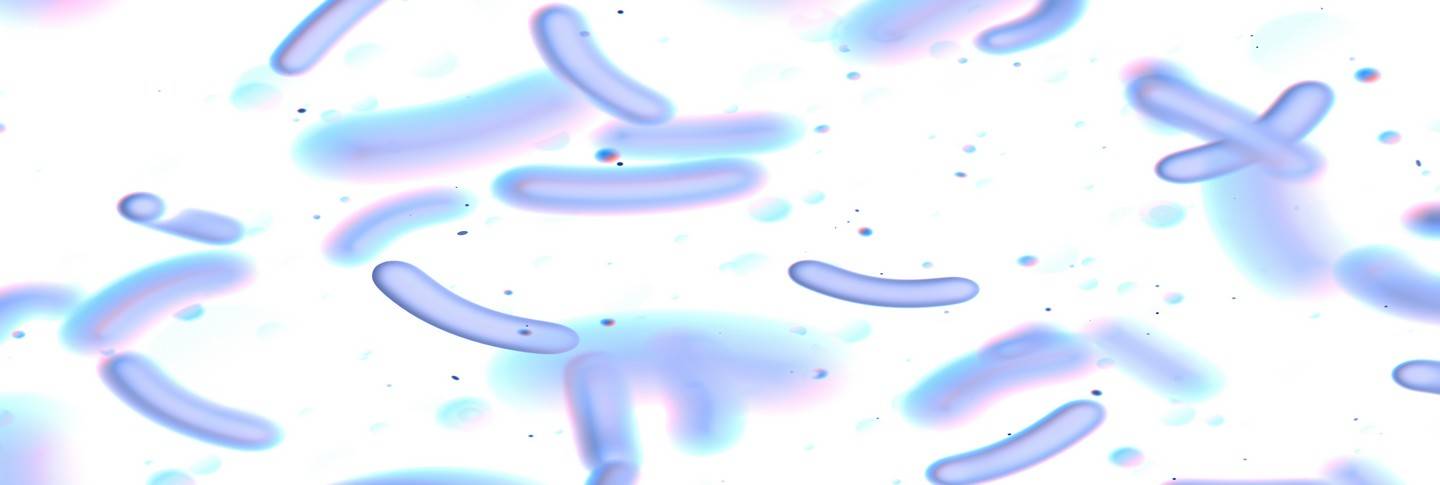
Butyrate: the metabolite of microbiota for caring for your colon
Digestion and transit
For several years, the bacteria of the intestinal microbiota have been the subject of much research. The molecules they produce, the metabolite of microbiota, and in particular butyrate, are of great interest for improving the well-being and health of the colon1.
Metabolite of microbiota: Newcomers to the microbiotic world
Metabolite of microbiota are inextricably linked to prebiotic dietary fibre and microbiota strains. Indeed, when the "good" intestinal bacteria break down non-digestible fibres by a fermentation process, they synthesise metabolites. These include polysaccharides, peptides, proteins and short-chain fatty acids (SCFA) such as acetate, propionate and butyrate.
These metabolites are of particular interest for their beneficial effects in the colon, as well as for their actions within the microbiota itself. These molecules strengthen the immune system by locally modulating mucosal immunity, where the metabolite of microbiota are produced.
However, if the intestinal microbiota is unbalanced, the entire ecosystem collapses. The number of 'good' bacteria responsible for the production of metabolite of microbiota decreases drastically. As the quantity of these metabolites diminishes, the host is deprived of their protective effects, particularly those that ensure the maintenance of a healthy microbiota. A vicious circle is thus established. The intake of metabolite of microbiota may then be necessary.
Belonging to the short-chain fatty acids, butyrate is a six-carbon molecule synthesised by the bacteria of the intestinal microbiota.
Butyrate is present in the diet in dairy products such as whole cow's milk (0.1g/100g), butter (3g/100g) or goat's cheese (1 to 1.8g/100g). Although rich in butyrate, butter should be consumed in moderation and 100g per day should be avoided for obvious cardiovascular reasons.
This metabolite of microbiota is produced by fermentation of different prebiotic fibres:
- Resistant starches: polysaccharides found in wholegrain cereals, starchy foods, bananas and potato starch.
- Beta-glucans found in oats, barley and rye.
Only bacteria that have the appropriate enzymes to break down these fibres are likely to produce butyrate. This is the case of certain bacteria belonging to the phylum - large group - of Firmicutes of the genus Clostridium, and more particularly to the family Ruminococcaceae and Lachnospiraceae such as Roseburia intestinalis, Faecalibacterium prausnitzii, Eubacterium rectale, E. halli and E. cylindroides.1, 2
Butyrate ensures the cohesion of the junctions between the cells of the intestine, thus maintaining a healthy intestinal barrier while reducing local inflammation. Indeed, a decrease in the concentration of this SCFA is known to lead to intestinal permeability, which is responsible for the passage of substances (toxins, food particles, pathogens) into the bloodstream, leading to digestive disorders and abdominal pain. Thanks to its numerous effects on the digestive system, butyrate is particularly interesting in cases of intestinal hyperpermeability, history of Chronic Inflammatory Bowel Disease (CIBD) outside of flare-ups, irritable bowel syndrome (IBS), as well as in the prevention of diverticulitis. In addition, in the case of low-fibre diets such as those without FODMAPs, butyrate is only produced to a small extent. It is therefore particularly interesting to be able to provide it without taking the risk of changing one's diet and damaging one's flora even more.
This metabolite of the microbiota is also recognized for its action on the health of the colon, because it constitutes an important source of energy for these cells.
To benefit from all the advantages of butyrate, the THERASCIENCE Laboratory has formulated TEOLIANCE Butyrate LR. Our food supplement provides butyrate in its stable form: calcium butyrate, at a dose of 780mg for 4 capsules, whose effectiveness has been proven by scientific studies.
TEOLIANCE Butyrate LR is packaged in 100% vegetable DRcapsTM gastro-resistant capsules allowing the delayed release (meaning “Libération Retardée” (LR) in french) of butyrate to act directly in the heart of the colon. Furthermore, TEOLIANCE Butyrate LR benefits from the Clean Label THERASCIENCE and is formulated without any gluten or lactose based ingredients in order not to disturb the balance of the microbiota.
Intestinal hyperpermeability is known to be linked to the development of IBD and to a low concentration of butyrate in the intestine. To reinforce the action of TEOLIANCE Butyrate LR, PHYSIOMANCE Permea+ with microbiota acts specifically on the balance of the digestive barrier thanks to its synergistic active ingredients scientifically documented for their benefits on the balance of the intestinal barrier. PHYSIOMANCE Permea+ with microbiota provides 5 bio-actives (Fibrassentiel®, Curcussentiel®, Boswellia serrata, pomegranate and quercetin), associated with 3 amino acids (L-glutamine, L-taurine and N-acetylcysteine), 7 strains of individually microencapsulated microbiota and 1 micronutritional complex Suvimine 13® to contribute to the good health of the intestinal mucosa.
TEOLIANCE Butyrate LR can also be combined with the microbiota strains of TEOLIANCE Premium, TEOLIANCE HPI 10 or TEOLIANCE HPI 60, but also with the prebiotic fibers of PHYSIOMANCE Activ' and PHYSIOMANCE Synergie. You will thus benefit from the synergistic action of prebiotics, microbiota strains and metabolite of the microbiota. In addition, PHYSIOMANCE Mucus and TEOLIANCE 2'FL are ideal to complement the effects of TEOLIANCE Butyrate LR on the maintenance of a healthy microbiota and good mucus.
DR CapsTM & logo are trademarks of Lonza or its affiliates
Bibliography
- Lewis JD, Abreu MT. Diet as a Trigger or Therapy for Inflammatory Bowel Diseases. Gastroenterology. 2017;152(2):398-414.e6.
- Stilling RM et al. The neuropharmacology of butyrate: The bread and butter of the microbiota-gut-brain axis? Neurochemistry International, 2016, 99, 110–132











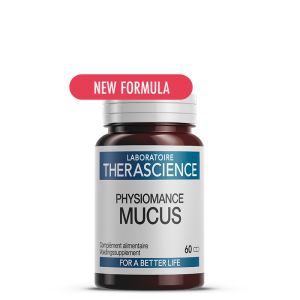
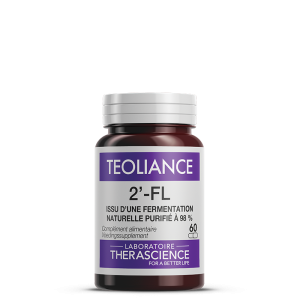

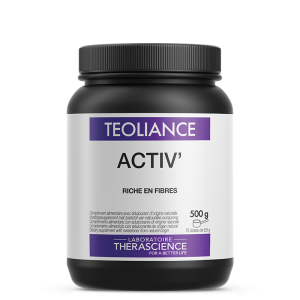
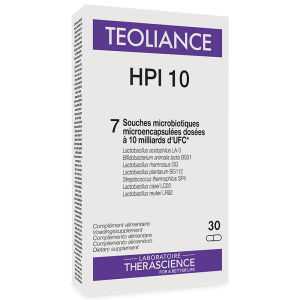
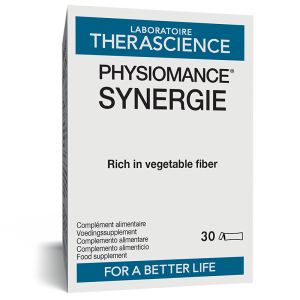
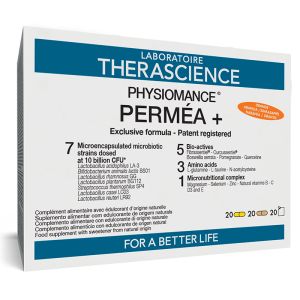
Recommandé par mon médecin, je l'utilise régulièrement, avec de tvoir plus
Avis du 28/09/2024, suite à une expérience du 11/09/2024 par Silvia S